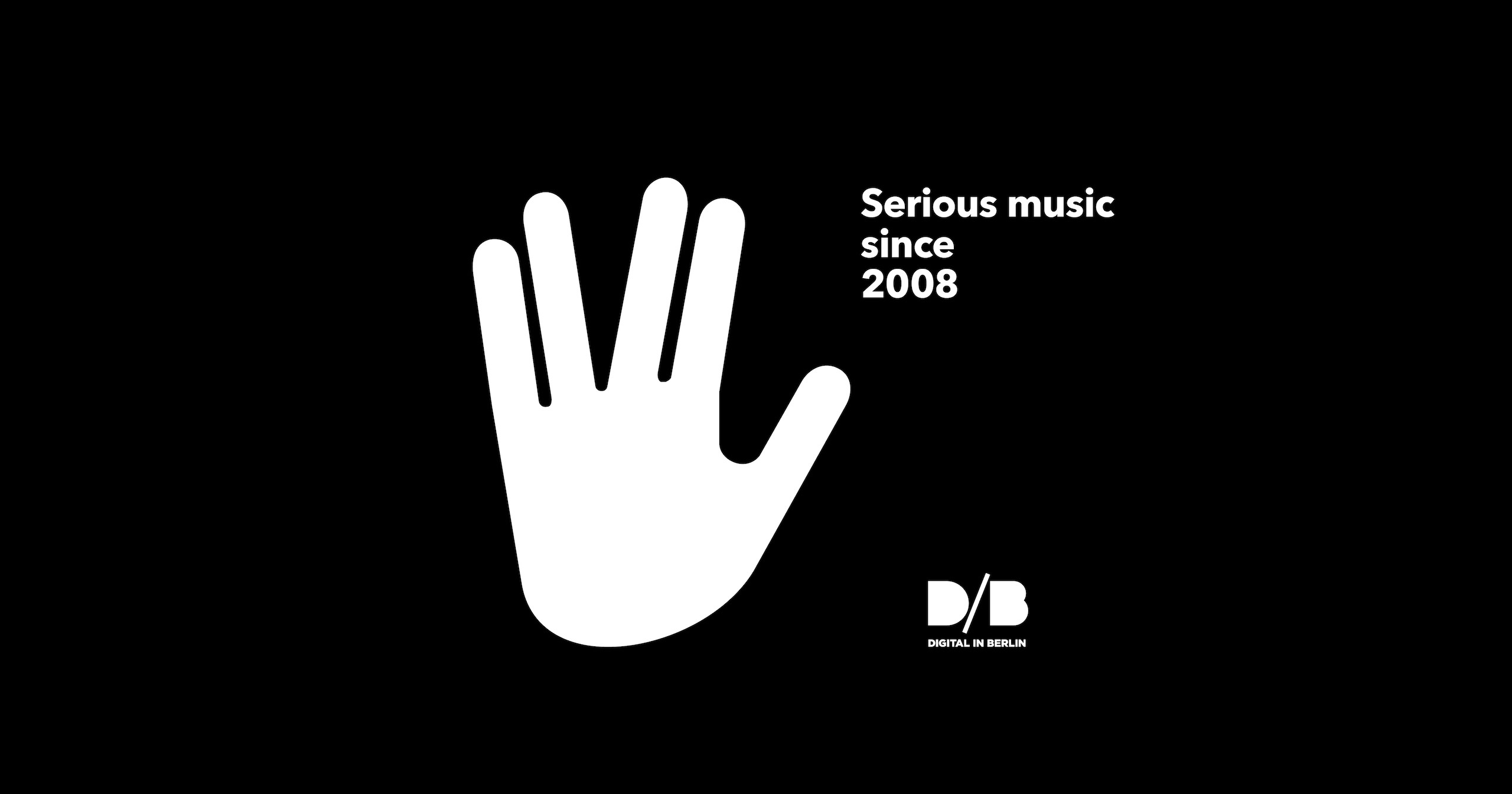In “The Rest is Noise” the classical music critic of The New Yorker magazine, Alex Ross, tries to encompass a whole century of serious music.
[audio:Olivier Messiaen – Quatuor pour la fin du temps.mp3]A good read not only for devotees, but also for the interested newcomer to modern composition, be it to look something up or to grasp the overall contexts of musical currents.
With only 600 pages, this book is a rich undertaking, but certainly not a full account of the most eventful years from 1900 to 2000. Rather than providing an all-encompassing and definitive guide, Alex Ross tries to sum up major currents and relations between the political and social 20th century and the mirroring musical events.
Ross’ writing is inspiring the reader to listen closer. And that is what you expect of a good book an modern composition in the twentieth century: While you read you get literally drawn into the different decades. From the cradle of modern composition (e.g. Claude Debussy) and its popular parallels (Jazz, Kurt Weill) to the world wars’ impact (e.g. Messiaens “Quartet for the End of Time” – sound example above) and aftermath (post-melodic avantgarde as in Darmstadt, e.g. Stockhausen and Boulez) to the late century’s diverse approaches and re-approaches (post-post-modernism, new simplicity, spectral or minimal music).
The descriptions are enriched with a lot of anecdotes and political stories. For example how american politics supported Samuel Barbers “Adagio for strings” as a funeral music of an all american composer. Or how Shostakovich struggled with the communist cultural politics. And did you know that Chalie Parker once put a Stravinsky tune into his solo playing at a New York jazz club when Igor Stravinsky himself was present? And that the master was so surprised, that he spilled his scotch on the occasion?

Naturally there is a focus on american composers as Leonard Bernstein or Samuel Barber, but Ross also sports his european favourites as Benjamin Britten or Jean Sibelius. This subjective focus is a typical american approach, not in the sense of a specialized intellectual musicologist (which also can be inspiring, though!) but more in the sense of an open-minded and refreshing view on a subject, that is so often treated over-seriously and over-exclusively. Which is exactly why Colin Greenwood, Radiohead’s bass player, likes the book. Ross on the contrary might be a little too non-chalant sometimes. But maybe it was about time that somebody asks why american art-orientated musical avantgarde as John Cage and european literature-orientated musical post-modern avantgarde draw upon an intellectual base so different but at the same time sound so similar.
________________________________________________________________
The Rest is Noise – Listening to the Twentieth Century by Alex Ross
640 pages; Farrar, Straus and Giroux; 2007; ISBN 9780374249397
The Rest is Noise Blog | Colin Greenwood & The Rest is Noise
________________________________________________________________
